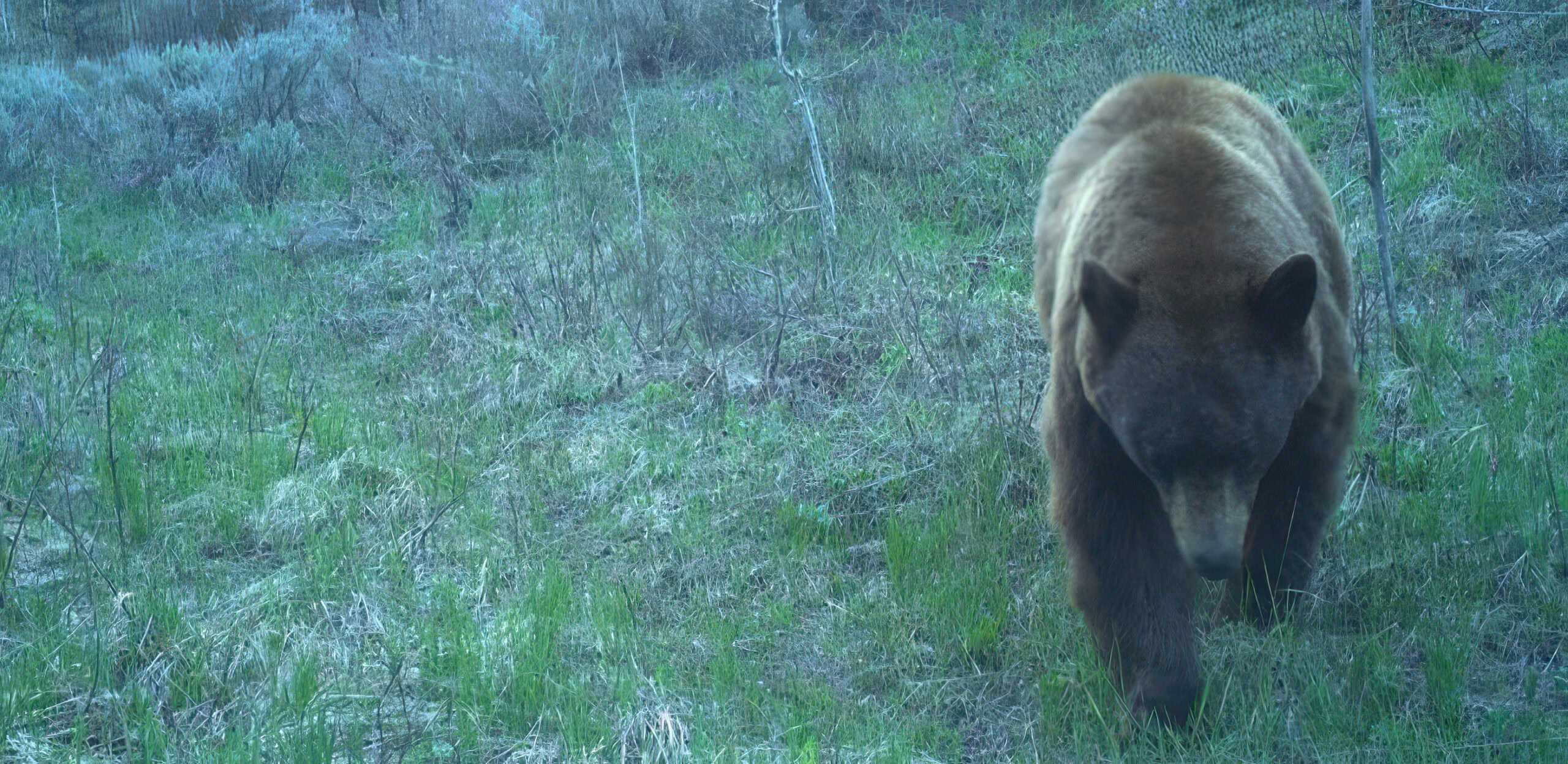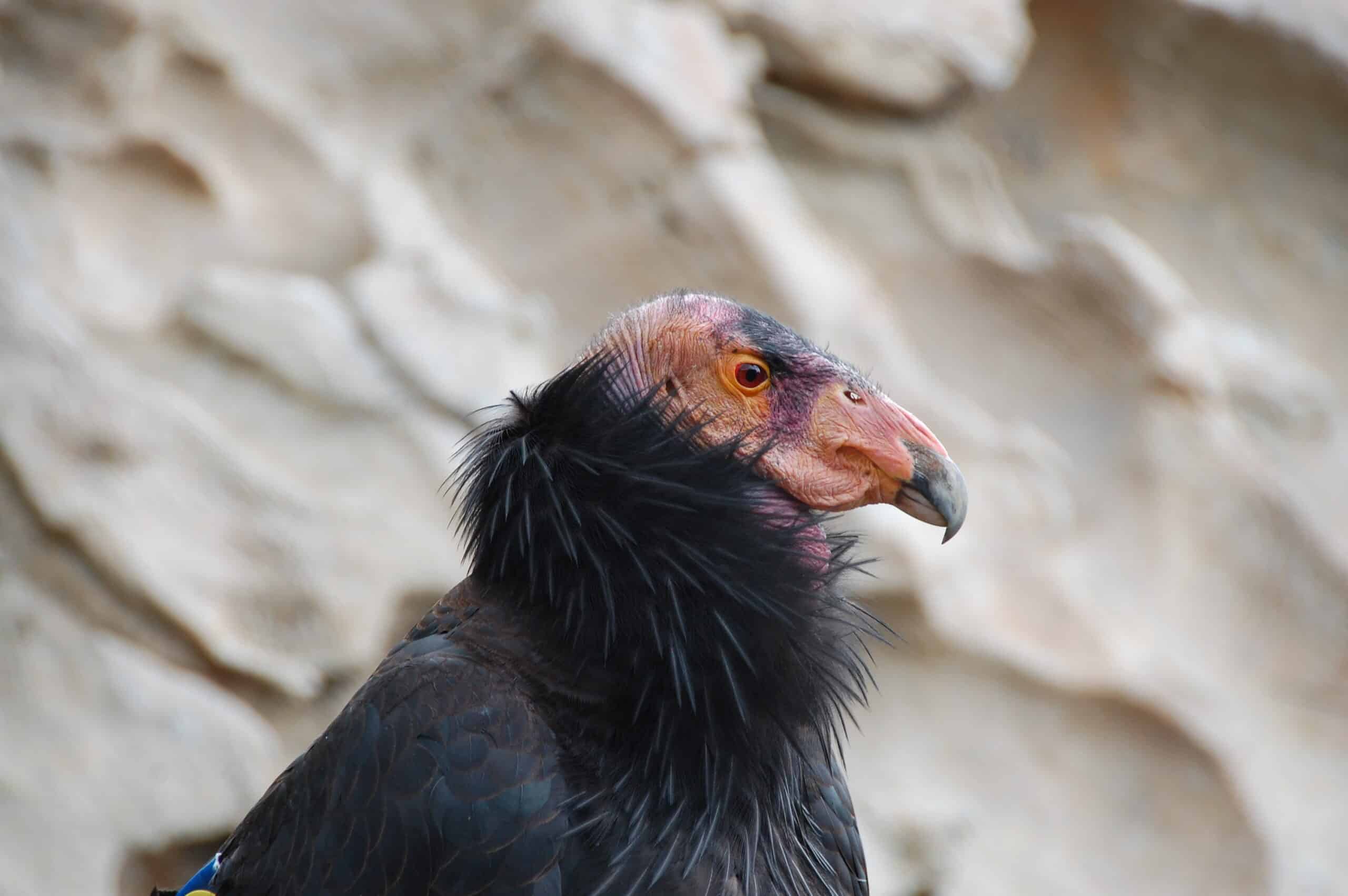Share this article
Do ‘daisy chains’ offer a save path for gene editing?
As biologists consider the role that genetic engineering could play in solving ecological and public health problems, one of the biggest concerns has been the danger of genetically engineered traits running rampant through the ecosystem. To address those concerns, Massachusetts Institute of Technology researcher Kevin Esvelt and his team have pioneered what they call a “daisy chain” gene drive meant to control the spread. It’s a system that biologists are considering as a way to eliminate invasive rodents or malaria-spreading mosquitoes. “If they are able to spread in wild populations, CRISPR-based gene-drive elements would provide new ways to address ecological problems by altering the traits of wild organisms, but the potential for uncontrolled spread tremendously complicates ethical development and use,” researchers wrote in a study published recently in the Proceedings of the National Academy of Sciences.
Read the study here. For more on Esvelt’s work, see the January/February issue of The Wildlife Professional.
Header Image:
Biologists are considering the use of gene drives to eliminate invasive rodents in island ecosystems.
©Island Conservation








